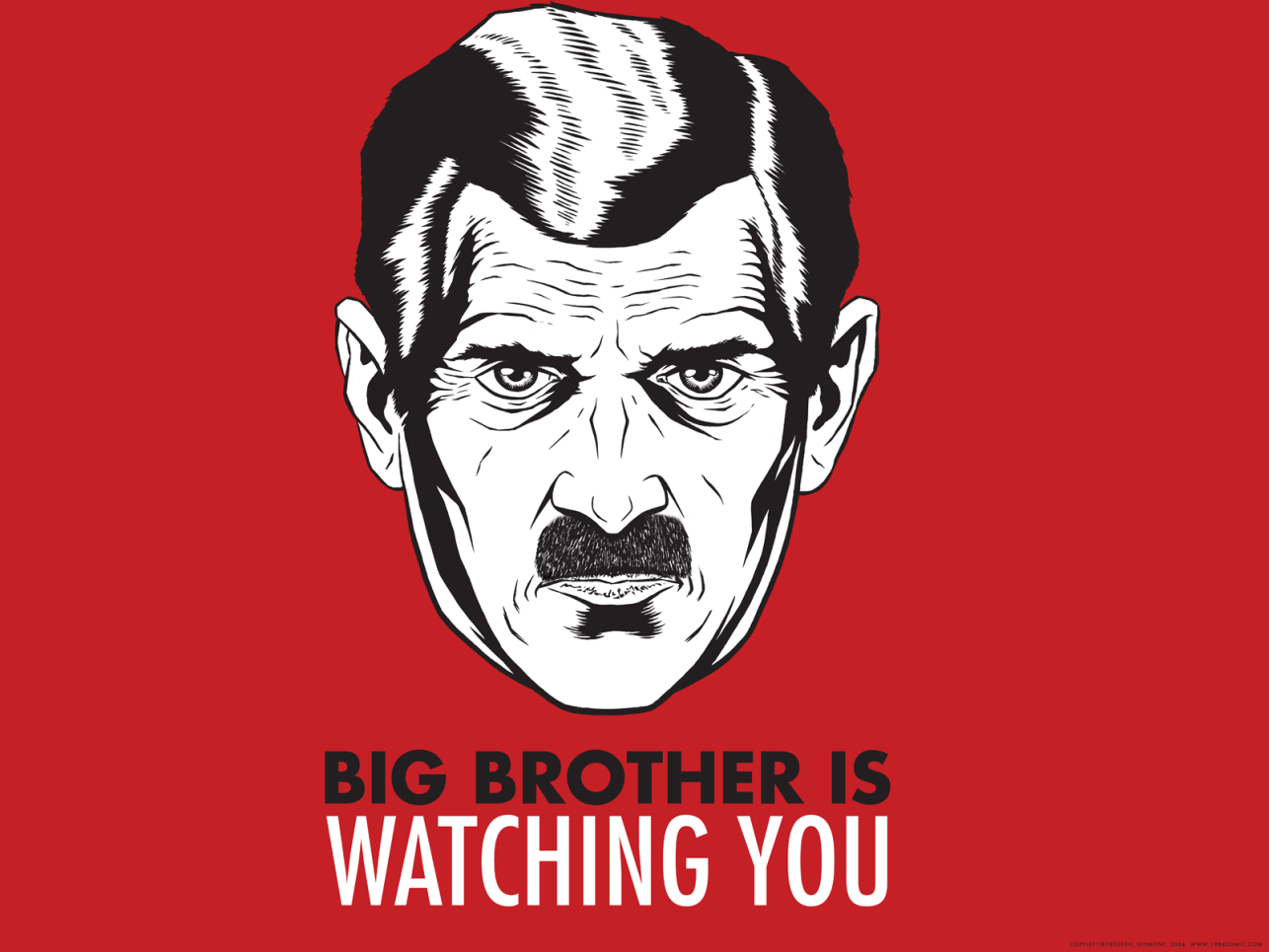Following the Ticketmaster debacle where concert-goers were required to relinquish their facial recognition data, there has been much controversy and rallying against the use of such invasive surveillance technology.

Surveillance company, Blink Identity, who assisted in building the U.S military’s facial recognition technology during the war in Afghanistan were initially involved with Ticketmaster to create facial scan recognition technology for festival attendees.
Orwell would be rolling in his grave.
Fortunately, victory was recently declared as 40+ major events and festivals (including SXSW, Coachella, Pitchfork and Bonnaroo) stated that they were no longer going to utilise facial recognition, which was deemed invasive and racially prejudiced.
The victory to ban facial recognition technology at 40+ Music Festivals is the first significant hindrance to the agenda of companies exploiting such penetrating technologies.
Evan Greer from digital rights group Fight for the Future, Tom Morello- guitarist from Rage Against The Machine, and The Glitch Mob were some leading activists and musicians instrumental in leading this movement. As reported in YourEDM, these activists and musicians stated:
“Our campaign pushed more than 40 of the world’s largest music festivals – like Coachella, Bonnaroo, and SXSW.”
Behemoth live entertainment companies such as Live Nation and AEG Presents have also halted their plans to employ facial recognition technology at their events in response to the activist anti-facial recognition campaign. As Joey La Neve DeFrancesco, DownTown Boys guitarist commented:
“Of course it’s going to be used by law enforcement”
With such public outrage and outcry, the activist’s voices have been heard loud and clear. Their concerns regarding invasion of privacy at these festivals and the ramifications of storing such personal data have been brought to the front line.
Venture capitalists as well as biometric surveillance companies have identified that music festival attendees are a ripe and vulnerable demographic for surveillance, consisting primarily of millennials and Gen Z. However, this recent victory proves that consumers, musicians and festival attendees are not as gullible as tech companies had envisioned.
Of course, in a utopian society, one can appreciate the convenience of such forward-thinking technology. Custom personalisation (ie. opt-in capabilities for VIP and guest access), perk incentives for loyal festival attendees, ease of entry from face scanning technology as well as seamless synchronisation with digital tickets.
With the exponential increase in technological advancements and the onset of the singularity, eradicating the use of facial recognition technology at festivals can be likened to putting a rubber stopper on an already bubbling concoction of inevitability.
But then again, what about drone technology and the constant Big Brother surveillance where festival attendees can be facially identified, analysing their behaviour?
If such prevention measures were revoked, the ability to feel free and dance, which should be the pure intention of these festivals, would be severely compromised.
As Chemical Brothers put it:
Let’s not turn a blind eye to the big eye!

Subscribe to FIB’s newsletter for your weekly dose of music, fashion and pop culture news!






